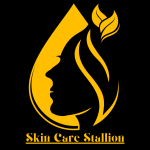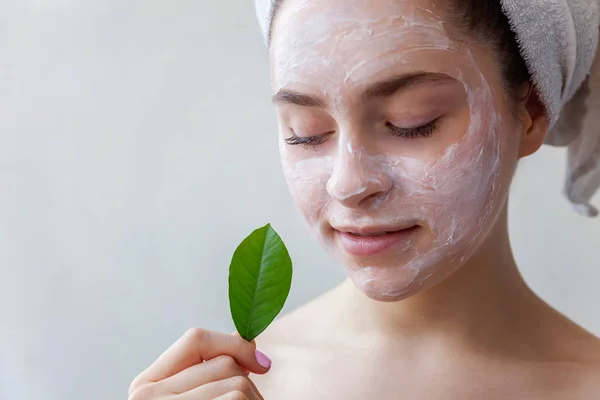Worst Skin Care Products For Your Face: Abrasive exfoliants with harsh chemicals. In the vast landscape of skincare, where every product promises radiant results, there lurk the rogues of skincare: the worst offenders that can wreak havoc on your precious face. Like wolves in sheep’s clothing, these products boast of miracles but deliver disasters.
They’re the villains of vanity, the saboteurs of smoothness, and the miscreants of moisture. From serums that sting like a swarm of angry bees to creams that leave your face feeling like an oil slick in a rainstorm, these are the skincare products you want to avoid like the plague if you cherish the skin you’re in.
Strap in as we unveil the skincare’s hall of shame and expose the worst skin care products for your face.
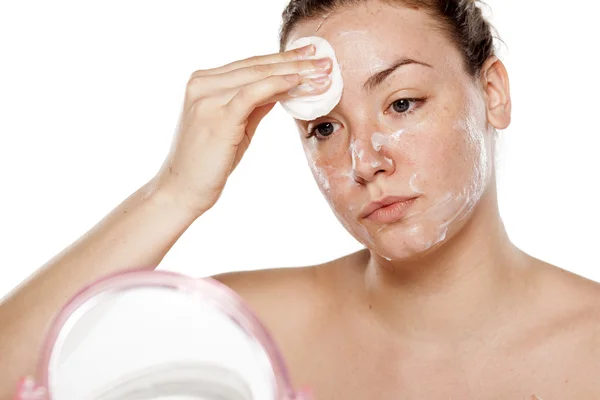
Table of Contents
ToggleWorst Skin Care Products For Your Face
The Top Offenders to Avoid
When it comes to your skin, not all products are created equal. Some can do more harm than good, leading to breakouts, irritation, and long-term damage. Understanding the worst offenders in skin care can help you make informed choices and protect your skin’s health.
Harsh Exfoliators: Stripping Away More Than Dead Skin
Exfoliation is essential for maintaining healthy skin, but using harsh exfoliators can do more harm than good.
Products with rough particles or high levels of acids can strip away too much of your skin’s natural oils, leading to irritation and inflammation. Look for gentler exfoliants with ingredients like jojoba beads or fruit enzymes.
Alcohol-Based Toners: Drying Out Your Skin Barrier
Many toners contain alcohol, which can be extremely drying and irritating to the skin.
While alcohol can give a temporary feeling of tightness, it actually disrupts your skin’s natural barrier, leading to increased oil production and potential breakouts.
Opt for alcohol-free toners with hydrating ingredients like hyaluronic acid or rose water.
Fragranced Products: Hidden Irritants in Pleasant Scents
Fragrances might make skincare products smell appealing, but they can wreak havoc on sensitive skin. Fragrances are one of the top causes of allergic reactions and irritation, leading to redness, itching, and even long-term damage. Choose fragrance-free products, especially if you have sensitive or easily irritated skin.
Petroleum-Based Products: Clogging Pores and Causing Breakouts
Petroleum-based ingredients like mineral oil or petrolatum might seem like effective moisturizers, but they can actually clog pores and lead to breakouts.
These heavy ingredients create a barrier on the skin’s surface, trapping in sweat, bacteria, and other impurities. Opt for non-comedogenic moisturizers that won’t block your pores.
Harsh Cleansers: Stripping Away Your Skin’s Natural Defenses
Using overly harsh cleansers can disrupt your skin’s natural pH balance and strip away its protective oils. This can leave your skin vulnerable to irritation, dryness, and even infection. Look for gentle, sulfate-free cleansers that cleanse without stripping, leaving your skin clean and balanced.
Harsh Cleansers
Explanation of harsh cleansers
Harsh cleansers are powerful cleaning agents that can strip away natural oils from the skin. They contain strong chemicals that remove dirt and oil but can also cause damage.
Effects on skin
Stripping natural oils
Harsh cleansers remove not only dirt but also the natural oils that protect the skin.
Dryness and irritation
These cleaners can leave the skin feeling dry, tight, and irritated, especially for those with sensitive skin.
Examples of harsh ingredients to avoid
Sodium lauryl sulfate (SLS)
SLS is a common foaming agent that can be harsh and drying.
Alcohol
Alcohol-based cleansers can be too harsh, leading to dryness and irritation.
Recommendations for gentle cleansers
Opt for gentle cleansers that are free from harsh chemicals and contain soothing ingredients like aloe vera or glycerin. Look for terms like “gentle,” “mild,” or “sensitive skin” on product labels.
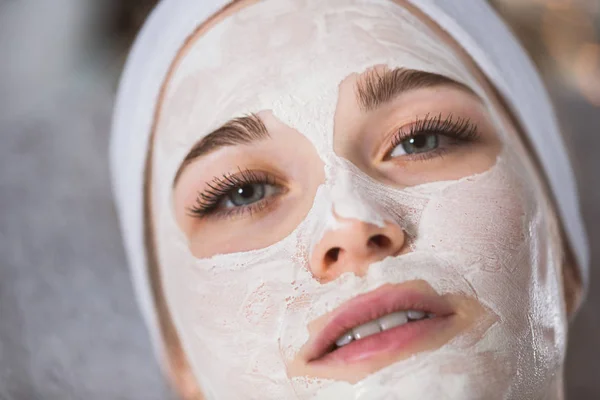
Alcohol-Based Toners
Definition and purpose of toners
Alcohol-based toners are skincare products formulated with alcohol, commonly used to remove excess oil and dirt from the skin. They’re applied after cleansing to tighten pores and prep the skin for moisturizers.
Negative effects of alcohol-based toners
Drying out the skin:
Alcohol can strip the skin of its natural oils, leading to dryness and flakiness.
Irritation and inflammation:
Harsh alcohols in toners can cause redness, irritation, and inflammation, especially for sensitive skin types.
Safer alternatives
Alcohol-free toners with hydrating ingredients:
Opt for toners containing ingredients like hyaluronic acid and glycerin to maintain moisture levels without alcohol’s harsh effects.
Witch hazel-free formulas
Avoid toners containing witch hazel, which can be drying and irritating for some skin types.
Importance of pH-balanced toners
Maintaining the skin’s natural pH balance is crucial for a healthy complexion. pH-balanced toners help restore the skin’s natural acidity, preventing issues like dryness and acne.
Abrasive Exfoliators
Explanation of exfoliation
Exfoliation involves removing dead skin cells from the surface of the skin to reveal smoother, brighter skin underneath.
Risks of abrasive exfoliators
Microtears in the skin
Abrasive exfoliators like scrubs with harsh particles can create tiny tears in the skin, leading to irritation and inflammation.
Increased sensitivity
Overuse of abrasive exfoliators can strip away the skin’s natural oils, leading to increased sensitivity and dryness.
Safer options
Chemical exfoliants (AHAs, BHAs)
Chemical exfoliants, such as AHAs (alpha hydroxy acids) and BHAs (beta hydroxy acids), gently dissolve dead skin cells without causing irritation.
Gentle physical exfoliants (jojoba beads, rice powder)
Gentle physical exfoliants like jojoba beads and rice powder provide a mild scrubbing action without causing microtears in the skin.
Frequency and proper techniques for exfoliation
Exfoliation should be done no more than 2-3 times a week, using gentle circular motions.
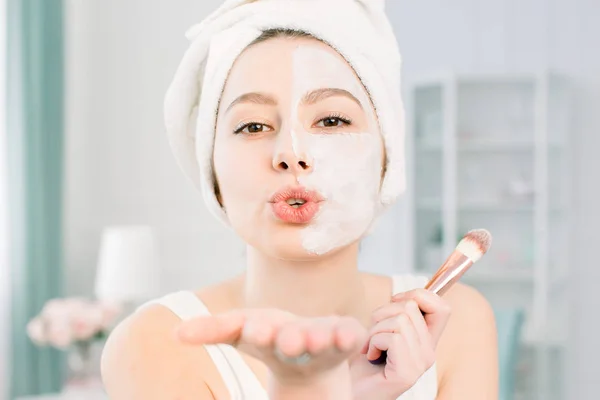
Fragranced Products
When it comes to skincare, fragranced products can pose significant risks to your skin health. Some dangers of fragrances in skincare include skin irritation and allergic reactions, which can lead to redness, itching, and even swelling.
Additionally, fragrances can disrupt the skin barrier, making it more susceptible to environmental damage and moisture loss.
Hidden sources of fragrance often lurk in products under generic terms like “parfum” or “fragrance” on ingredient lists. Even seemingly natural options like essential oils can trigger reactions in sensitive skin.
For those seeking fragrance-free alternatives, look for products labeled as such. These alternatives omit synthetic fragrances, reducing the risk of irritation. Opt for gentle, hypoallergenic formulas that prioritize skin health over scent.
Overly Occlusive Moisturizers
“Overly occlusive moisturizers can pose serious problems for your skin health. Occlusives are ingredients in moisturizers that form a barrier on the skin, preventing moisture loss. However, when these occlusives are too heavy, they can clog pores, leading to acne and breakouts.
They also create a breeding ground for bacteria, exacerbating skin issues. To avoid these problems, opt for non-comedogenic moisturizers that won’t clog pores.
Look for moisturizers with lighter textures that provide hydration without suffocating the skin. By choosing the right moisturizer, you can keep your skin balanced and healthy.”
Products with High Levels of Synthetic Chemicals
When it comes to skincare and personal care products, it’s crucial to be aware of the risks associated with high levels of synthetic chemicals. These chemicals can cause skin irritation and sensitivity, as well as potential long-term health effects.
Common harmful synthetic chemicals include parabens, phthalates, and formaldehyde-releasing preservatives. To minimize these risks, it’s essential to choose products with safer, natural ingredients. Opting for natural ingredients can help protect your skin and overall health in the long run.
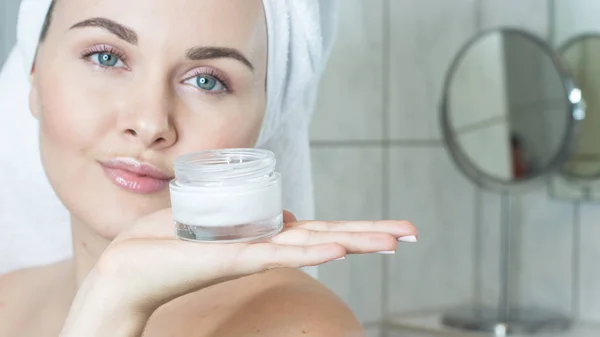
FAQs
What are the worst skin care products for your face?
These are products that contain harsh chemicals, fragrances, or ingredients known to cause irritation or allergic reactions.
How do I identify the worst skin care products?
Look for ingredients like parabens, sulfates, synthetic fragrances, and alcohol, as these can be harmful to your skin in the long term.
What are some common ingredients to avoid in skin care products?
Common ingredients to avoid include: parabens, sulfates, phthalates, formaldehyde, synthetic fragrances, and mineral oil.
Are there any specific types of products that are often harmful to the skin?
Yes, certain products like exfoliants with large, rough particles, and harsh facial cleansers with high levels of detergents can strip the skin of its natural oils and cause damage.
What are the risks associated with using these products?
Risks include skin irritation, redness, dryness, allergic reactions, and long-term damage to the skin’s barrier function.
How can I tell if a product is causing harm to my skin?
Signs of skin damage include redness, irritation, itching, burning sensation, and breakouts. Discontinue use if you experience any of these symptoms.
Are natural products always safe?
Not necessarily. Even natural ingredients can cause allergic reactions or irritation. It’s important to patch-test any new product, natural or not.
What should I do if I’ve been using a harmful product?
Stop using the product immediately. If you experience severe symptoms, consult a dermatologist.
Can harmful products cause long-term damage to my skin?
Yes, using harmful products over time can weaken the skin’s natural defenses, leading to premature aging, increased sensitivity, and other long-term issues.
How can I find safe skin care products for my face?
Look for products with gentle, non-comedogenic ingredients, preferably fragrance-free, and suitable for your skin type. Read labels and do research on reputable brands known for their safe formulations.
Conclusion
In conclusion, it’s crucial to be discerning when selecting skincare products, particularly for your face, as the wrong choices can lead to adverse effects.
Throughout this exploration of the worst skincare products for your face, it becomes evident that ingredients such as harsh chemicals, synthetic fragrances, and comedogenic substances can wreak havoc on your skin, causing irritation, breakouts, and long-term damage.
To maintain healthy, radiant skin, opt for products with gentle, non-toxic ingredients, tailored to your skin type and concerns. Remember, skincare is a form of self-care, and investing in quality products that nourish and protect your skin is an investment in your overall well-being.
